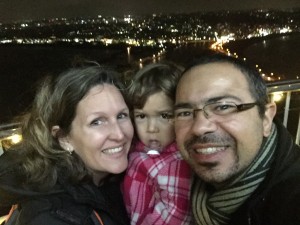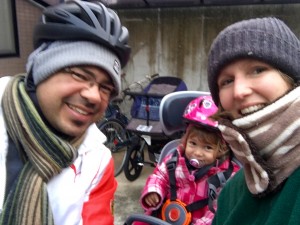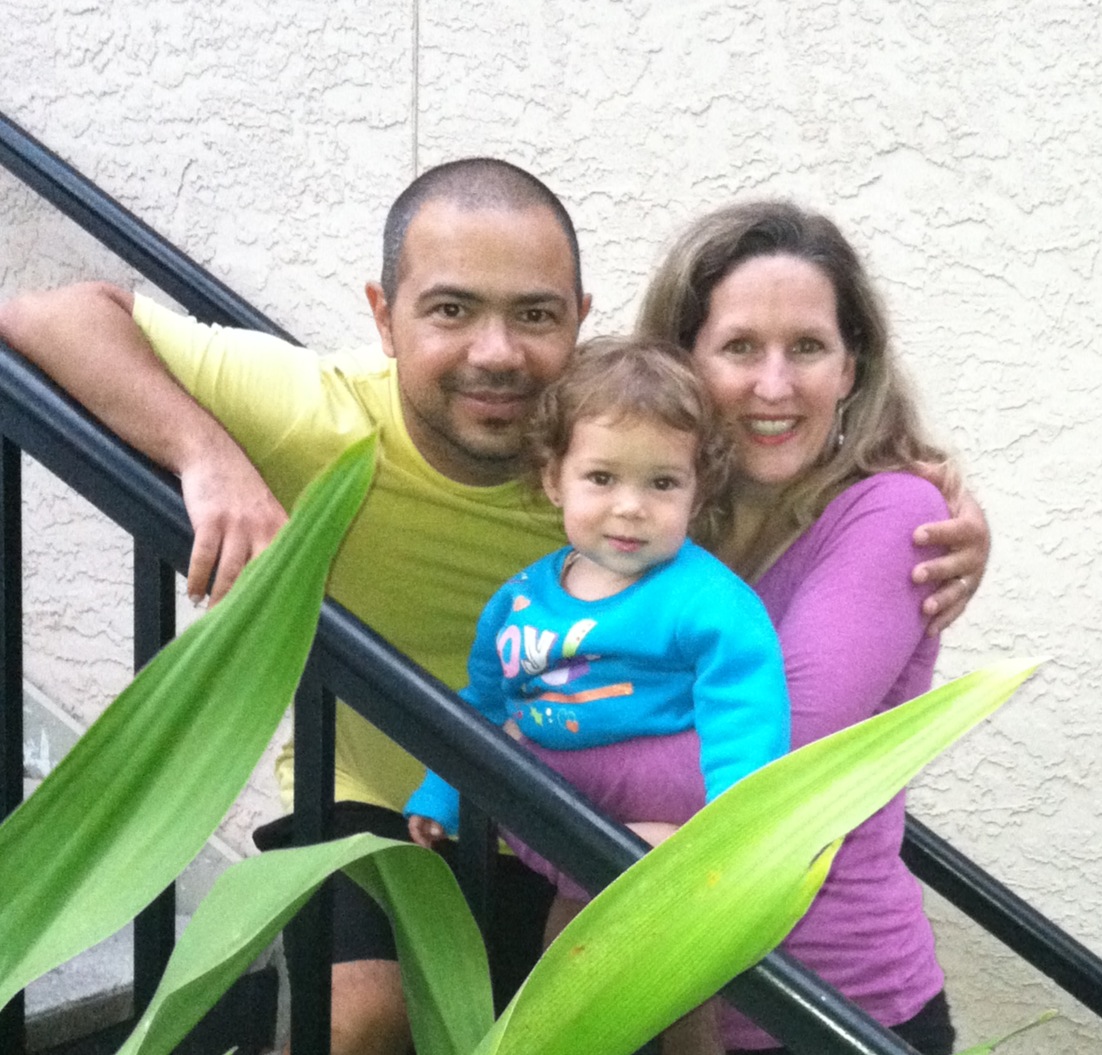 Eight months and counting.
Eight months and counting.
That’s how long we’ve been in Japan. I remember feeling slightly adapted after 2 months and then so much better at 5 months… and now 8 months is so much better than 5 months, it is very encouraging to see how driving the car, riding the bike and walking places continues to get easier and easier.
We have a routine, even though it’s not a daily routine or even a weekly routine, but it usually turns out to be similar to a monthly routine since our international meetings are sometimes once a week, sometimes twice a month and sometimes once a month. But the rhythm is there, we are seeing the same people regularly, and little by little, a foundation of relationships is being built.
A big part of Japanese culture is understanding what is culturally polite and what is not. There are words for this in Japanese, honne and tatemae. “Honne is your real feelings and Tatemae is the façade or the face we show in public.” (taken from http://blog.gaijinpot.com/honne-tatemae/)
People from other cultures may see this as fake or inauthentic, and perhaps at times it is, but it is a way of not hurting the other person’s feelings. Fabio and I have started to notice, though, that many times, the “facade” we are receiving from workers at cafes or people in the train station is actually delivered with such sincerity and hospitality, we love this aspect of the culture. Of course, there are times when it seems fake and distant and things are just protocol. (Like at Sophia’s preschool… when we signed up, I felt very connected to the principal as I filled out the forms. She gave us a warm welcome and seemed genuinely happy that we were signing Sophia up. After a few days of Sophia attending the school, however, it seemed as if the principal’s smile was just pasted on and she began treating us like everyone else. I realized there were a few things that I had done that had perhaps stepped over the “professional” line that is more common in Japan. I had asked how her holiday was and had tried to give a gift to say thank you for letting Sophia in the school. Weather is a much more common topic to discuss with people you don’t know well, and as for the present, they’ve probably been offered them before, but it is their protocol not to accept any gifts from parents.)
is, but it is a way of not hurting the other person’s feelings. Fabio and I have started to notice, though, that many times, the “facade” we are receiving from workers at cafes or people in the train station is actually delivered with such sincerity and hospitality, we love this aspect of the culture. Of course, there are times when it seems fake and distant and things are just protocol. (Like at Sophia’s preschool… when we signed up, I felt very connected to the principal as I filled out the forms. She gave us a warm welcome and seemed genuinely happy that we were signing Sophia up. After a few days of Sophia attending the school, however, it seemed as if the principal’s smile was just pasted on and she began treating us like everyone else. I realized there were a few things that I had done that had perhaps stepped over the “professional” line that is more common in Japan. I had asked how her holiday was and had tried to give a gift to say thank you for letting Sophia in the school. Weather is a much more common topic to discuss with people you don’t know well, and as for the present, they’ve probably been offered them before, but it is their protocol not to accept any gifts from parents.)
When we go to coffee shops or drive through toll booths, we are often surprised by the level of care and genuine smiles we receive. If it is someone who has traveled a bit, they might ask us where we are from and then that can start a pretty fun conversation as we share travel stories or language study stories, etc.
On the other side of the conversation, we have both experienced looks of distaste and perhaps hatred or fear. In about 5% of our interactions with people from this culture, we might catch a look of annoyance or worse when going about our daily tasks. This recently happened to me as I was crossing the street with Sophia in her stroller.
 We were in the cross walk, but a man on a bicycle was turning down the street we were crossing and he didn’t see us until rather late, so it seemed as if we were in his way. If looks could kill… he shot me a horrible look of disgust and it cut to my core, tearing into my dignity as a human being, my right to be walking in the cross walk, challenging my very existence on this earth. It made me wonder what it is like for so many immigrants who are in countries or neighborhoods who don’t want them there, without knowing their story or their family, what hopes and dreams they came to try to fulfill, the “good” they might be trying to pour into the society and on and on. Then, I think of refugees who are fleeing famine and war and atrocities I can barely bring myself to read about and wonder how many looks like this one they’ve received. How do they manage to keep going day after day, not taking these looks or gestures or words (or worse) personally? I truly have no idea what it is like. I just know I didn’t like the feeling I had after that encounter and that overall, our interactions with all people in Japan are overwhelmingly neutral at worst, and extremely encouraging and uplifting at best.
We were in the cross walk, but a man on a bicycle was turning down the street we were crossing and he didn’t see us until rather late, so it seemed as if we were in his way. If looks could kill… he shot me a horrible look of disgust and it cut to my core, tearing into my dignity as a human being, my right to be walking in the cross walk, challenging my very existence on this earth. It made me wonder what it is like for so many immigrants who are in countries or neighborhoods who don’t want them there, without knowing their story or their family, what hopes and dreams they came to try to fulfill, the “good” they might be trying to pour into the society and on and on. Then, I think of refugees who are fleeing famine and war and atrocities I can barely bring myself to read about and wonder how many looks like this one they’ve received. How do they manage to keep going day after day, not taking these looks or gestures or words (or worse) personally? I truly have no idea what it is like. I just know I didn’t like the feeling I had after that encounter and that overall, our interactions with all people in Japan are overwhelmingly neutral at worst, and extremely encouraging and uplifting at best.
We continue to see the beauty of the country, the culture, the people – this garden in which we have been planted, and we are grateful to be here!
Johnna



